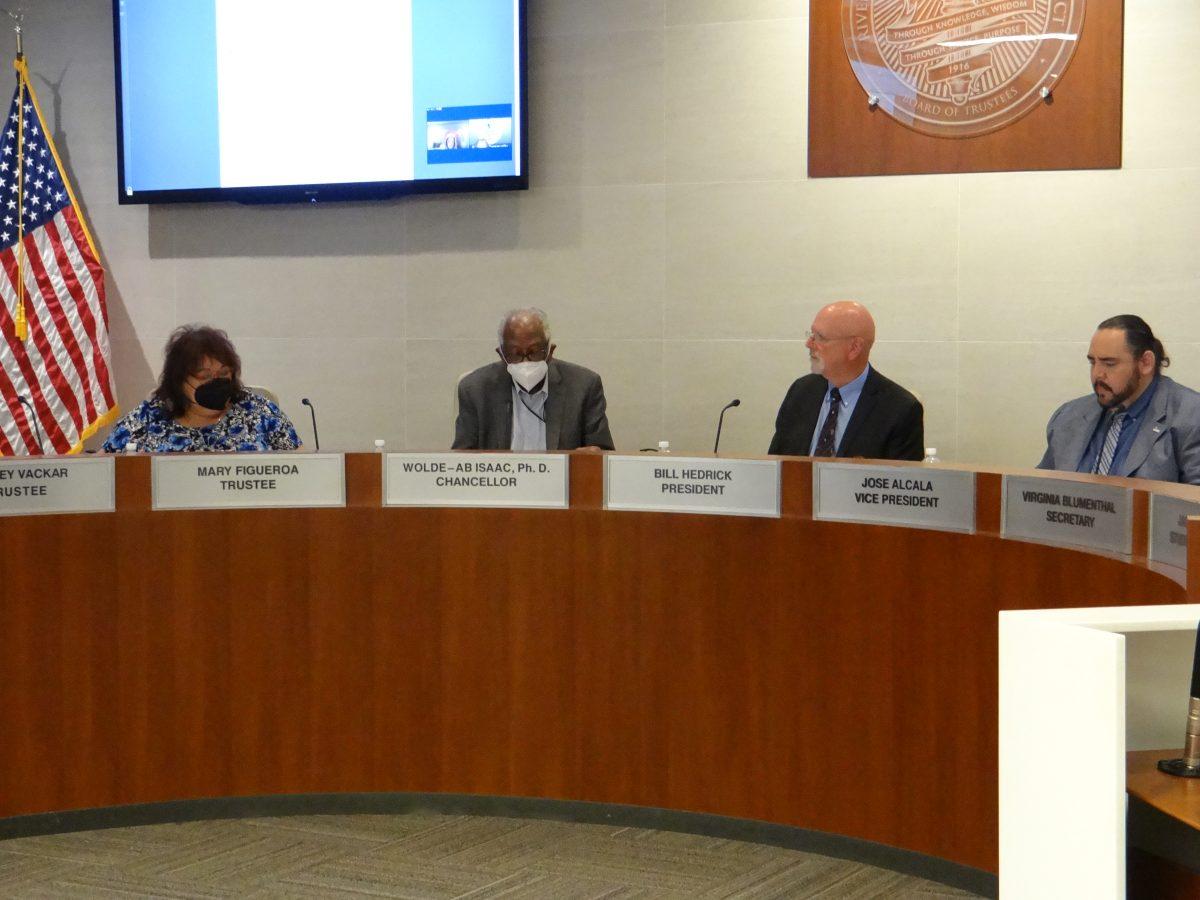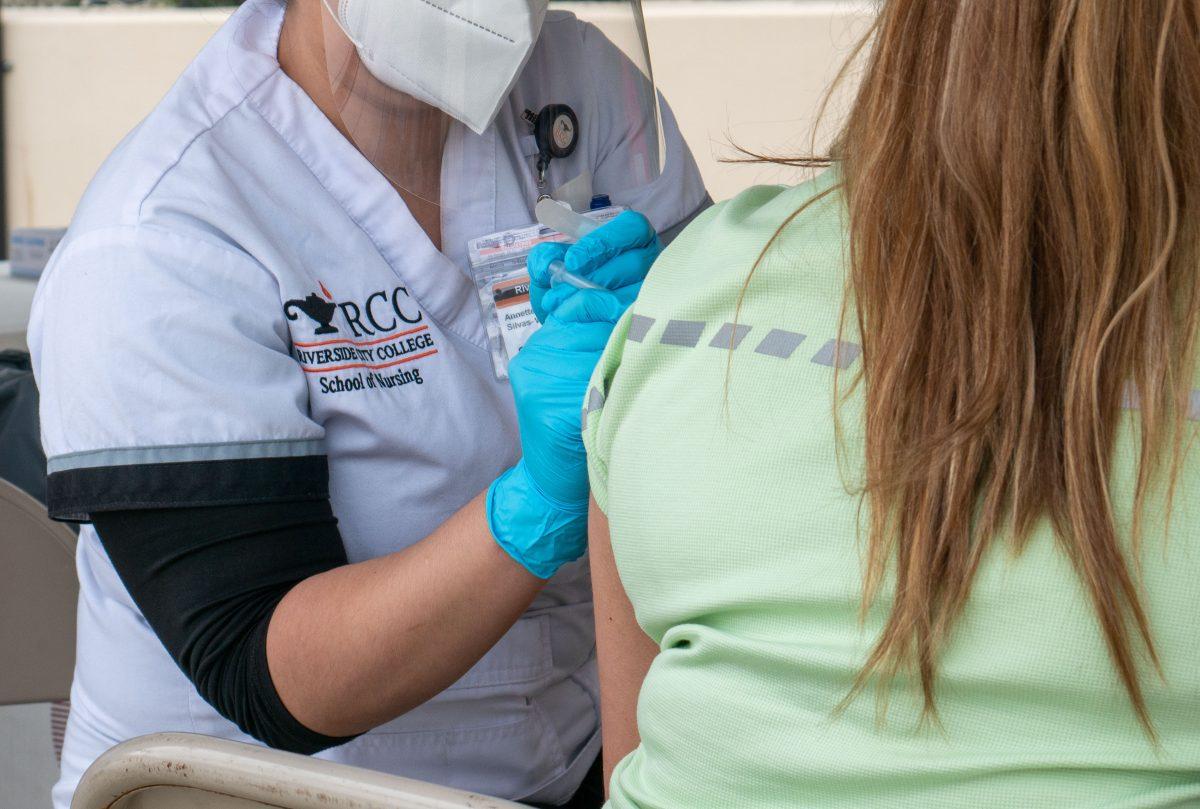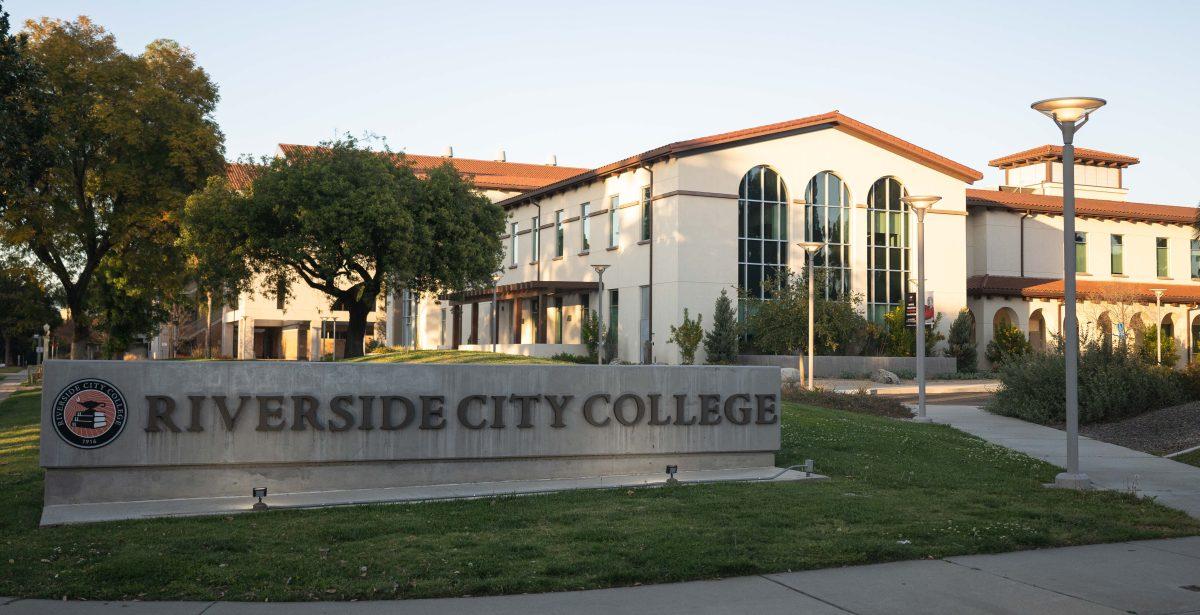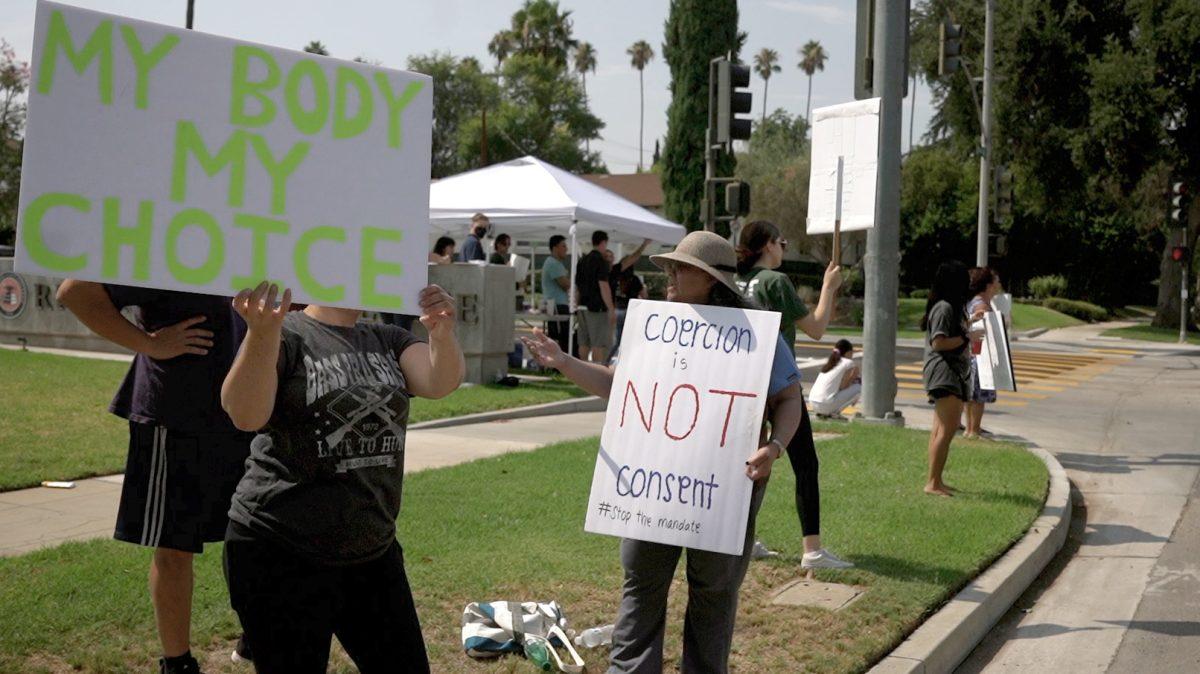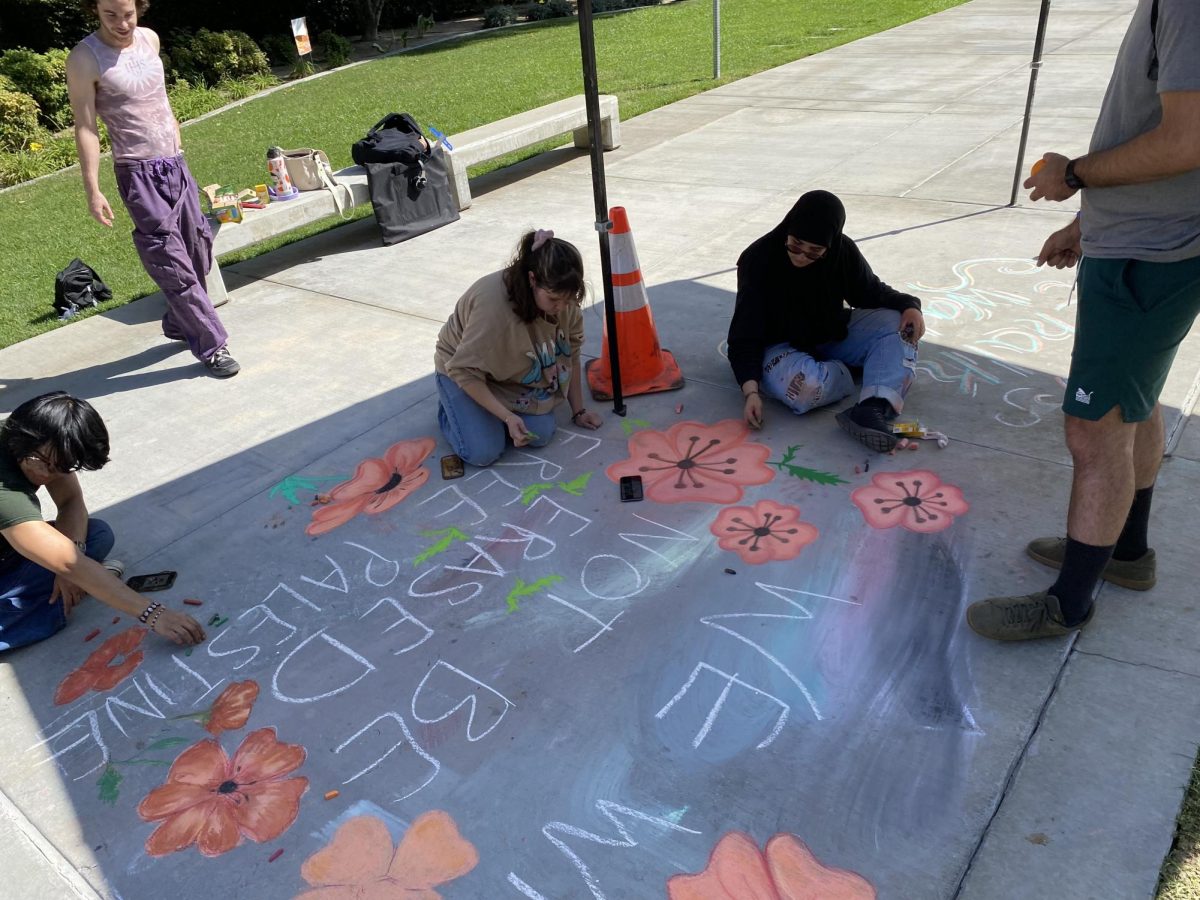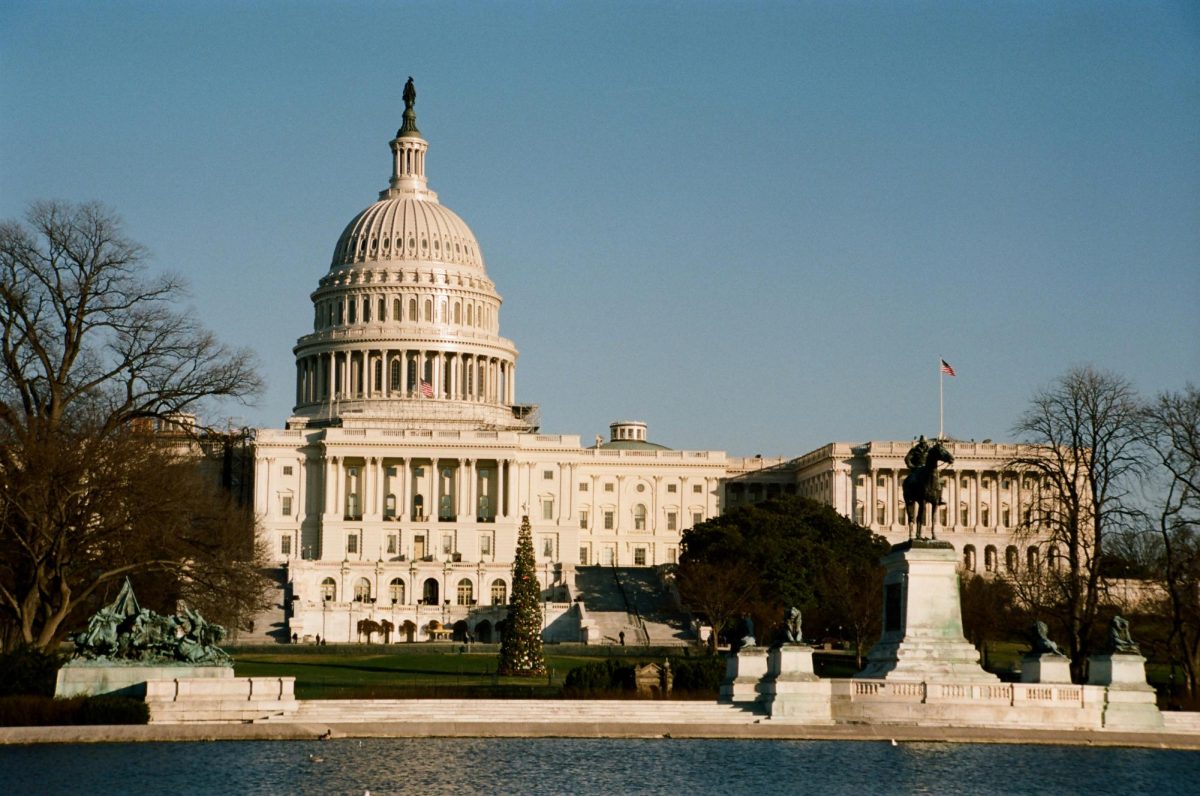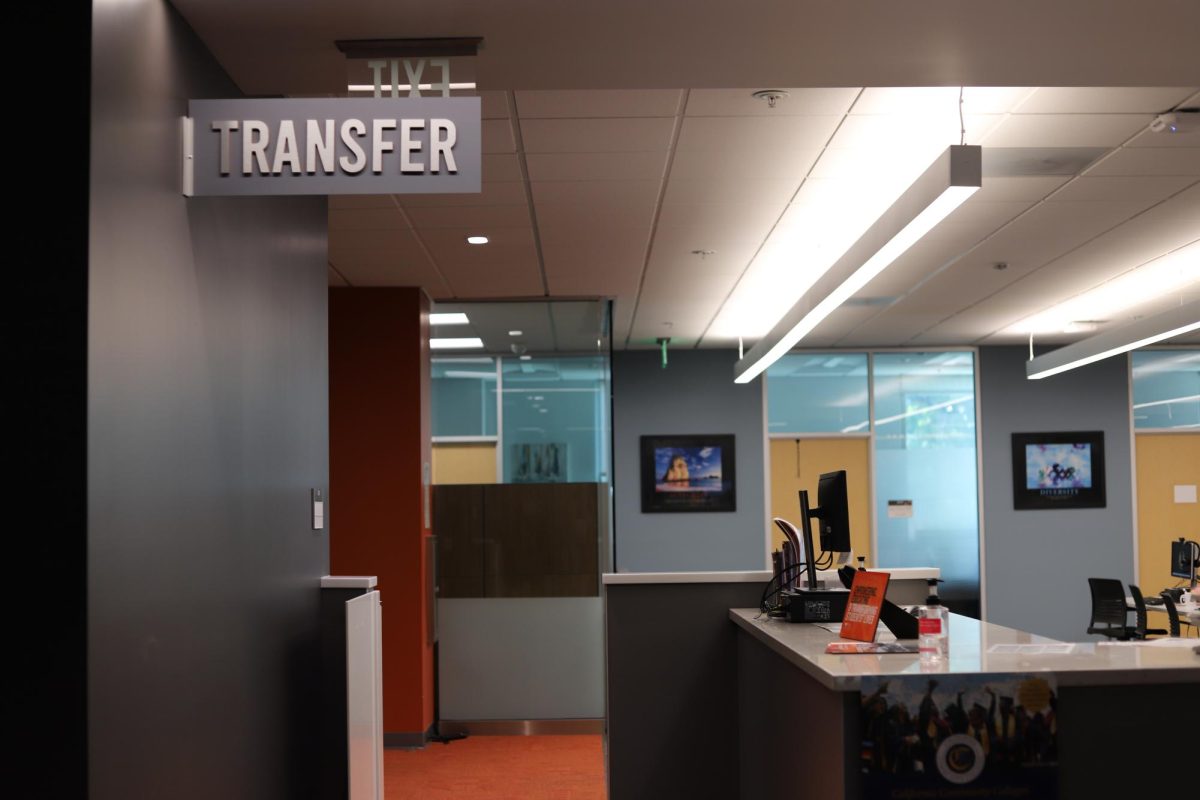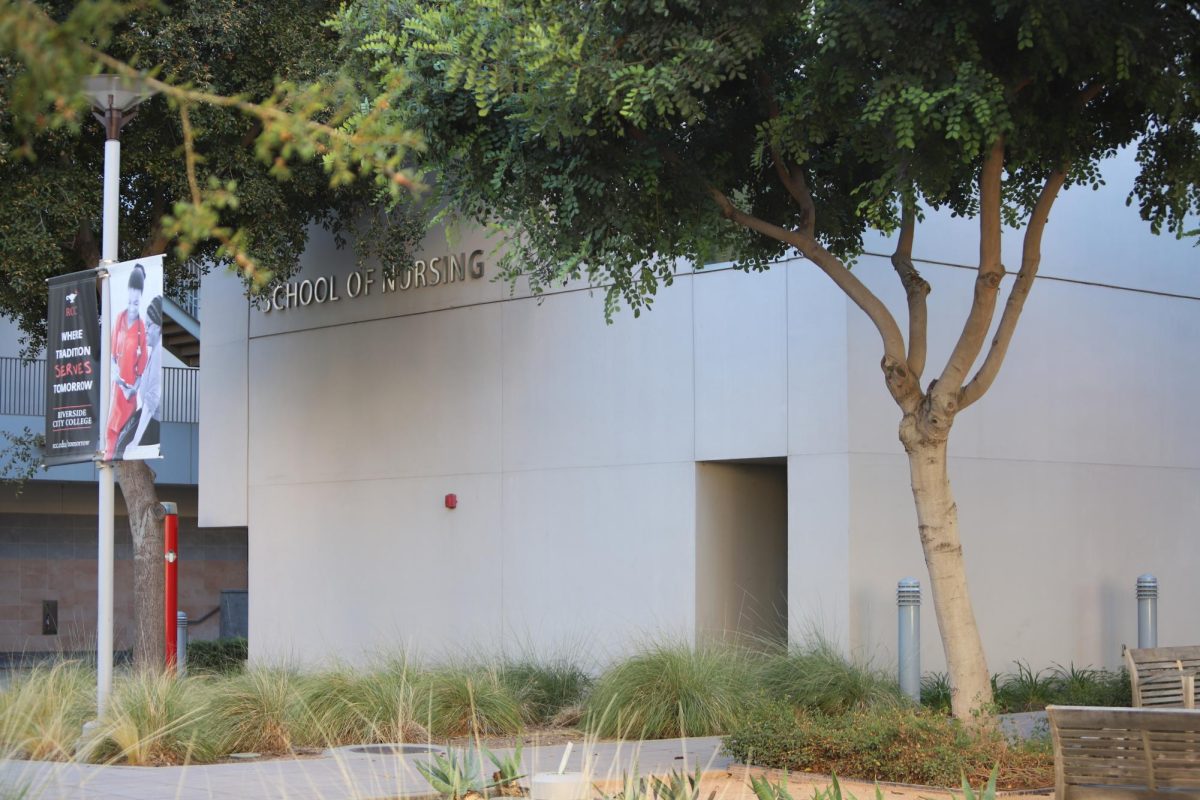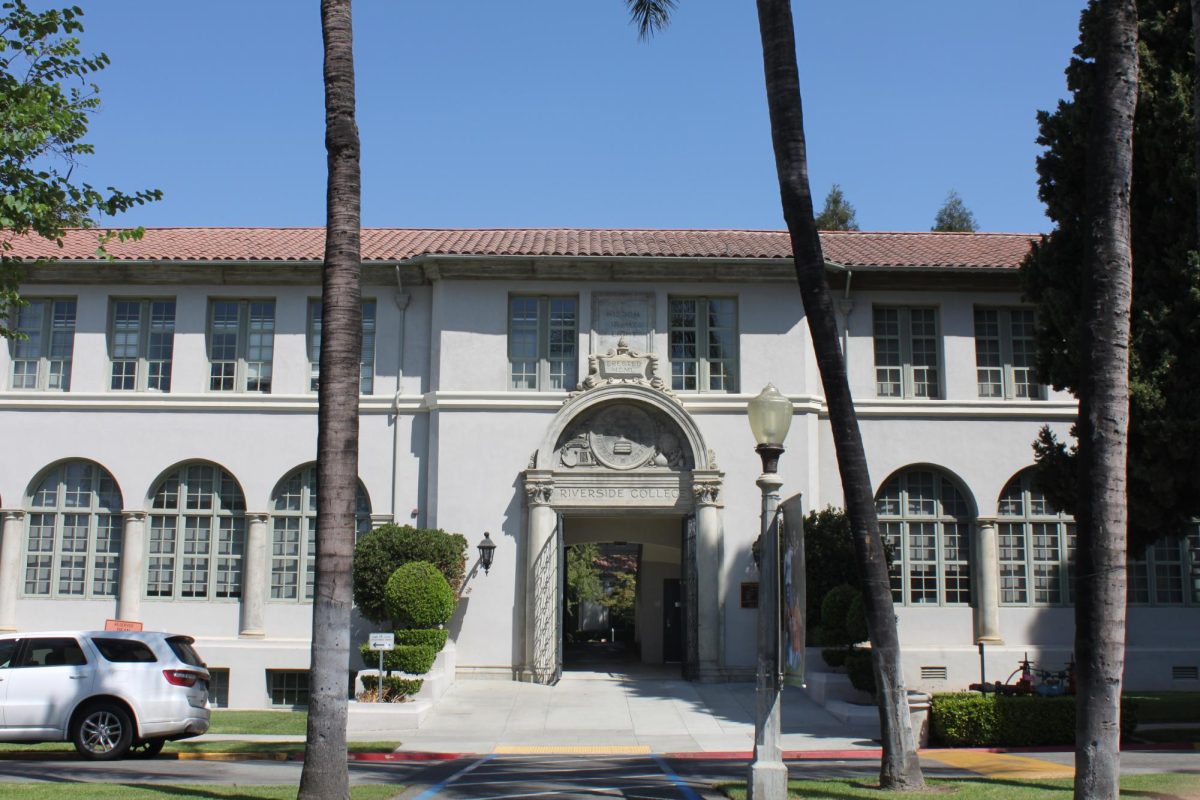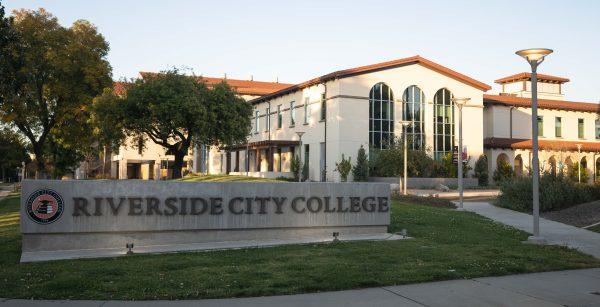
By Liv Pearson
The Riverside Community College District’s enrollment struggles, along with progress in handling the pandemic, played a key role in the decision to reopen campuses in the fall.
Community College enrollment has declined across the state throughout the COVID-19 pandemic and RCCD is no exception.
Wolde-Ab Isaac, RCCD chancellor, said during the first of four reopening town halls April 21 that the district’s enrollment has been steadily declining since the start of the pandemic last spring.
The district experienced a 13% enrollment decrease during the fall 2020 semester, which was the largest drop in its history.
“Today we find ourselves at a historic low of 20% below our target,” Isaac said during the Zoom call. “For our fall (2020) semester enrollment, this translates to about 9,000 students who have dropped out or failed to return to continue their education.”
He attributed the decline to the switch from in-person to virtual classes.
A continuous enrollment decline could have adverse effects on the district’s state funding.
The more serious concern focuses on the decline in access to education in the population that the district exists to serve, Isaac said.
According to the chancellor, the district’s enrollment decline data indicates that a majority of the students who opted out of continuing their education during the pandemic are from among the socioeconomically disadvantaged population.
“There is a real concern that allowing this trend to continue could place us in a situation that may prove to be very difficult to recover from,” Isaac said.
The town hall of over 230 attendees from across the district aimed to answer questions about what the safety of facilities will look like this upcoming fall.
The district’s announcement last month that it plans a return to instruction next semester as it was pre-pandemic — 80% in-person and 20% online — stirred up questions from students, staff and faculty at all three of RCCD’s colleges.
Beiwei Tu, Risk Management director, explained that the three colleges will coordinate with the district in contact-tracing should someone who has been on campus test positive for COVID-19.
“We would like all employees and students to report their close contact with a COVID-19 positive person — suspected and confirmed cases,” she said.
Employees will be expected to report contact to Risk Management for students and contact their college’s respective Student Health Services.
Both employees and students will be required to quarantine for 14 days for confirmed cases. A 10 day isolation will be required for suspected cases when a negative test cannot be produced.
“People cannot automatically return to a district location once they meet a time requirement,” Tu said. “They have to be either cleared by Risk Management or (Human Resources) if they are an employee. For students, the clearance process starts at the Student Health Center at their campus.”
She said the district will aim to respond to any case of possible exposure within the same day it is reported.
The district currently offers on-site COVID-19 testing to employees through Risk Management and will offer the same service to students at their Student Health Centers in the fall, Tu added.
Michael T. Collins, Norco College vice president of Business Services, said custodial staff has been trained in government safety mandates on COVID-19 and will perform regular cleaning and disinfecting of commonly used surfaces and personal work areas.
The most recent Centers for Disease Control and Prevention guidance requires a daily cleaning of the campus environment, down from the cleaning every four hours required by the preceding guidance.
According to Collins, the district is currently researching the staffing levels necessary to maintain a safe environment in regard to sanitization.
“We are assessing that need, assessing our staff and our base needs for those staff members,” he said. “We are working toward that so we can understand what the new regulations require us to do and how that will impact our personnel and our teams.”
Majd Askar, Moreno Valley College interim vice president of Business Services, said hands-free sinks and hand sanitizer have been installed wherever possible and High Efficiency Particulate Air filters installed in the buildings.
She also mentioned the district will ensure that a large inventory of personal protective equipment and supplies will be made available to students and staff throughout the campuses.
“If the social distancing guidelines are still in place for employees and it’s not feasible to maintain the six feet, we’ll be able to provide some sort of solid barriers such as plexiglass.”
Signage and other messaging will be used to encourage hygiene standards on campus.
At this point, the district is planning on requiring face coverings in the fall, Collins said.
“We will definitely follow the California Department of Public Health guidance as we move forward and adapt our plans as required,” he said. “We’re going to continue our ongoing inspection and compliance assessment of our plans and of the work that our entire campus community is doing. These continuous assessments do lead to continuous improvement.”
According to Chip West, Riverside City College vice president of Business Services, the district is investing in the technology and infrastructure needed to ensure disabled students are able to adapt to the return to campus.
“Each of our colleges are working to improve systems both in the classrooms and outside the classroom, student support services and resources to make sure that none of our students are left behind and that we’re giving them the support they need to succeed,” he said.
Isaac said the district will make sure access to these students will not be denied. Disabled students should reach out to their respective Disability Resource Centers to receive the aid they will need.
The chancellor reiterated that the 80-20 plan is based on the district’s assumption that the decline in COVID-19 cases and increase in vaccinations will allow a fall 2021 reopening. But the plan is subject to change.
“Safety is a non-compromisable issue,” he said. “We are not gambling. We are going to monitor the situation very regularly and calibrate our ambitions.”
The next town hall is scheduled for May 19 at 4 p.m.

